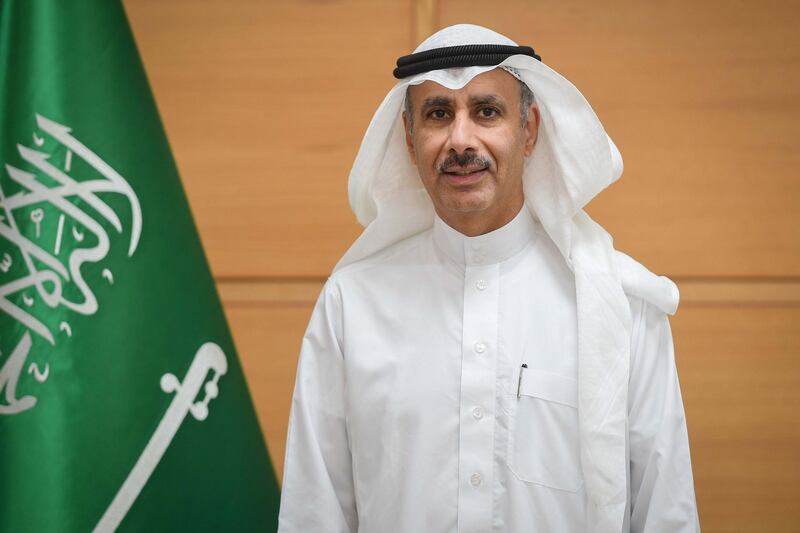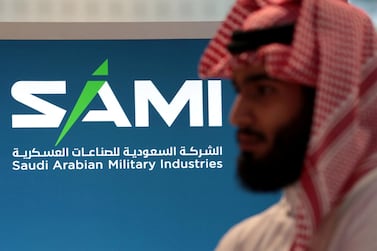Saudi Arabia said it is "on track" to hit a target of localising half of the kingdom's military expenditure over the next decade, a major goal under plans to diversify the economy away from oil exports.
Changes to the national military procurement process has already resulted in savings of about 900 million Saudi riyals (Dh881m), the General Authority for Military Industries (Gami) said on Monday.
"We have already started reaping the benefits of purchase power consolidation and the developments made in national military procurement processes,” Ahmad Al Ohali, governor of Gami, said in Riyadh.
“As a result, we achieved significant added value at financial, commercial, legal and operational levels, including savings of around 900m riyals.”
Saudi Arabia is developing its manufacturing industry to create jobs and diversify its economy away from oil exports, which accounts for the majority of its revenues.
The country's sovereign wealth fund, the Public Investment Fund, created Saudi Arabian Military Industries (Sami) in 2017, as part of the Vision 2030 plan for economic overhaul. It has already signed several joint ventures and partnership agreements to bring international expertise and knowledge to the kingdom's defence manufacturing sector.
Industry regulator Gami has identified opportunities for localisation worth four billion riyals in supplier contracts since it was created in 2017, which which will be realised over the next few years, Mr Al Ohali said.
The kingdom is among the top five defence spenders in the world and its move towards local production and procurement signals a shift in the way it is doing business with international defense companies.
Tech-transfers and commitments to produce and buy equipment locally have become key factors in determining which companies win global arms sales orders from purchasing companies.
There is increasing demand for agreements beyond simple "off-set" arrangements, projects that make weapons deals more attractive, to more complex knowledge-transfers and a slice of the work on weapons programmes in order to seal deals.
Gami has launched the Industrial Participation Programme, developed in co-operation with leading industry players including local and international manufacturers. IPP provide "attractive" incentives to manufacturers who are committed to adding value, transferring technology and providing opportunities for Saudis in the sector, it said.
“From an economic perspective, localising 50 per cent of KSA’s military expenditure will see us building an industry worth more than 30 billion riyals by 2030, directly contributing around 90bn riyals to the kingdom’s non-oil GDP,” Mr Al Ohali said.
Gami said it has launched an online portal through which investors can apply for three types of operating licenses in the local defense and security industry: military equipment manufacturing, military services and the supply of military equipment and services.
Among those it licensed are Sami, Advanced Electronics Company, Al Tadrea Manufacturing Company, Sondos Advanced Manufacturing Company.








